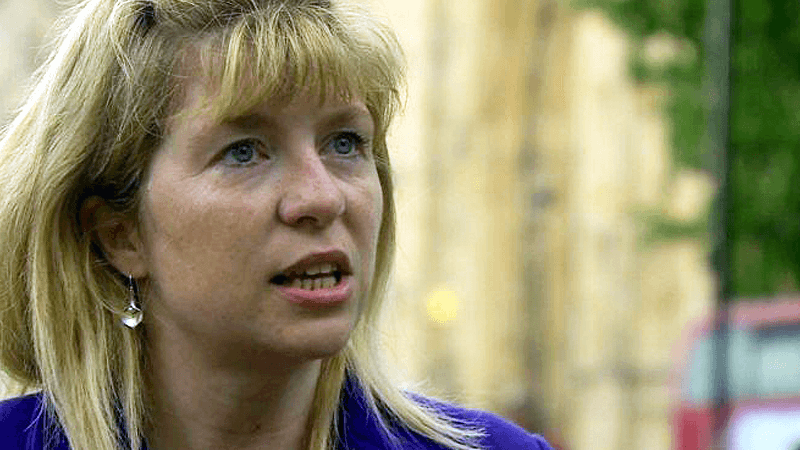The parliamentary inquiry informing the Government’s consultation on how to make it easier for people to legally ‘change sex’ was seriously flawed, MPs have said.
There are major concerns that the safety of women was not taken into account.
MPs said the consultation on reforming the Gender Recognition Act – which is set to end tomorrow – should be extended to allow parliament to properly discuss how the proposals will affect women’s rights.
‘Fundamentally flawed’
Speaking at a meeting of MPs and women’s rights groups, the Conservative party’s former vice-chair for women Maria Caulfield said the inquiry “didn’t really look at the implications for women as a whole”.
“I think that was fundamentally flawed.”
She added: “I don’t want to make legislation if we feel that there’s a group of society who feels that is detrimental to them. I think it’s a fair comment that women’s groups do not feel that they’ve had their voice heard.”
‘Stifling freedom of debate’
David Davies MP said the inquiry “failed to take evidence from women’s groups on what the impact might be of allowing people to change their gender without any checks and balances”.
He said he would like to see the consultation thrown out and restarted once parliamentarians “have had a proper conversation with women’s groups about their rights to protection”.
MP for South West Bedfordshire Andrew Selous said: “It is stifling freedom of debate if we can’t discuss these issues. The fact that MPs can’t come and be briefed calmly and freely and without fear is appalling.“
Harassment
Earlier this week, a network of over 100 academics mostly employed by UK universities, wrote to the Guardian to complain that their freedom to conduct research into transgender issues is being restricted.
The group responded to the Government’s consultation outlining their concerns about the introduction of self-identification for gender reassignment.
The letter to the Guardian said the group was “concerned about the suppression of proper academic analysis and discussion of the social phenomenon of transgenderism”.
“Members of our group have experienced campus protests, calls for dismissal in the press, harassment, foiled plots to bring about dismissal, no-platforming, and attempts to censor academic research and publications.”
Censorship
It added that transgender activists with links to universities attempt to influence university policy.
“Definitions used by these organisations of what counts as ‘transphobic’ can be dangerously all-encompassing”.
“They would not withstand academic analysis, and yet their effect is to curtail academic freedom and facilitate the censoring of academic work.”
The group maintained that it is not transphobic to investigate and analyse gender ideology, adding that such research “is sorely needed”.

